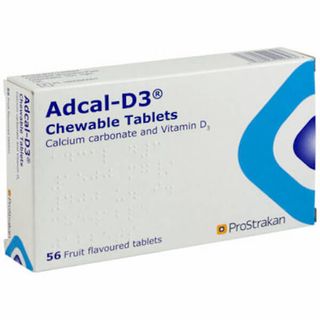
Vitamins & Minerals
Small but mighty, vitamins and minerals play an integral part in a huge variety of bodily functions. The best way to get the vitamins and minerals you need is to eat a healthy, balanced and varied diet. However, some people may also need to take extra supplements to ensure they get everything their bodies require. If you think you’re lacking in essential nutrients, we can help. Our fantastic choice of supplements will give you all the vitamins and minerals you need to feel great and stay in tip top condition.
Vitamins & Minerals Treatments
 Adcal D3 Chewable Tablets£7.59
Adcal D3 Chewable Tablets£7.59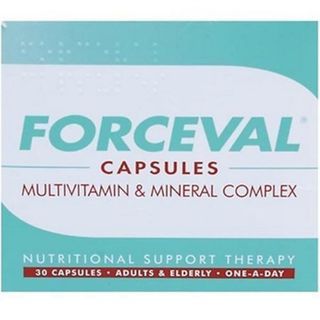
Forceval Capsules
Forceval Capsules£16.99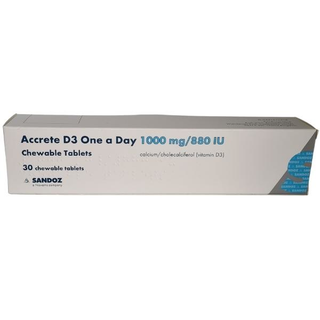
Accrete D3 One-A-Day Chewable Tablets
Accrete D3 One-A-Day Chewable Tablets£4.99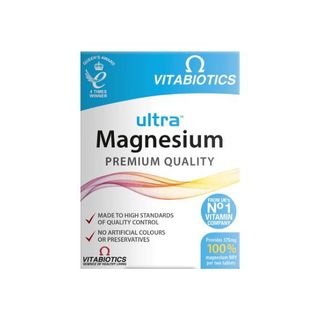
Vitabiotics Ultra Magnesium Tablets (60)
Vitabiotics Ultra Magnesium Tablets (60)£5.79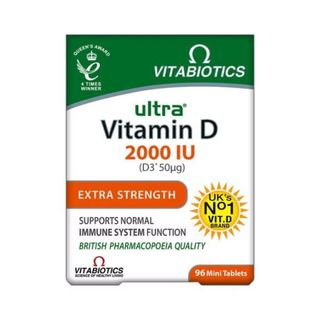
Vitabiotics Ultra Vitamin D 2000IU Tablets (96)
Vitabiotics Ultra Vitamin D 2000IU Tablets (96)£8.49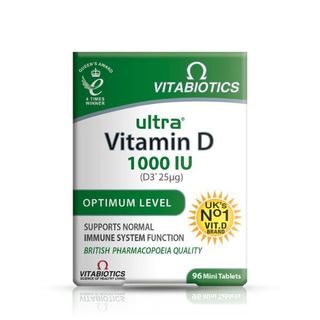
Vitabiotics Ultra Vitamin D 1000 IU Tablets (96)
Vitabiotics Ultra Vitamin D 1000 IU Optimum Level Tablets (96)£5.50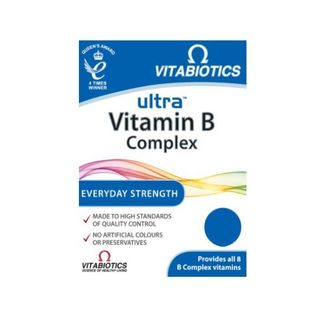
Vitabiotics Ultra Vitamin B-Complex Tablets (60)
Vitabiotics Ultra Vitamin B-Complex Tablets (60)£4.99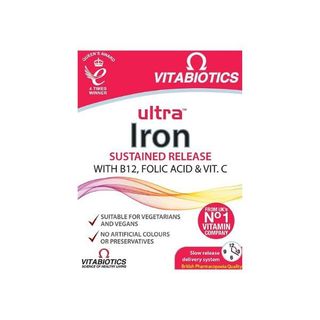
Vitabiotics Ultra Iron Tablets (30)
Vitabiotics Ultra Iron Tablets (30)£3.99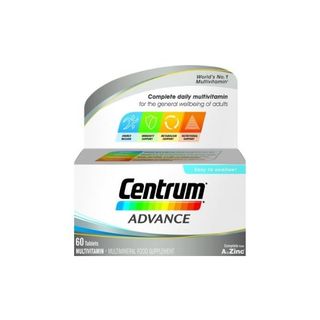
Centrum Advance Multivitamin & Mineral Tablets (60)
Centrum Advance Multivitamin & Mineral Tablets (60)£9.50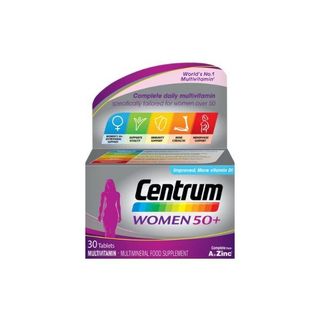
Centrum Women 50+ Multivitamin & Minerals Tablets (30)
Centrum Women 50+ Multivitamin & Minerals Tablets (30)£7.99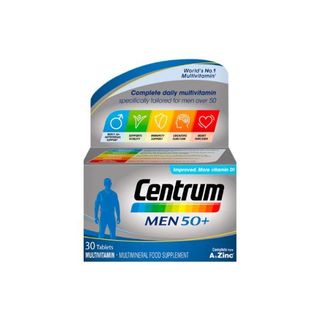
Centrum Men 50+ Multivitamin & Mineral Tablets (30)
Centrum Men 50+ Multivitamin & Mineral Tablets (30)£7.99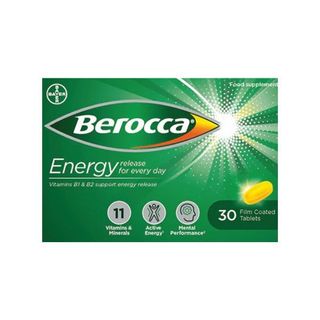
Berocca Energy Vitamin Film Coated Tablets (30)
Berocca Energy Vitamin Film Coated Tablets (30)£9.00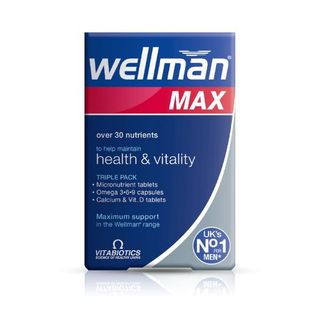
Vitabiotics Wellman Max - 84 Tablets
Vitabiotics Wellman Max Tablets (84)£18.99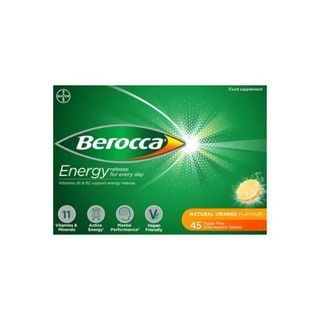
Berocca Energy Release Effervescent Tablets Orange Flavour (45)
Berocca Energy Release Effervescent Tablets Orange Flavour (45)£15.75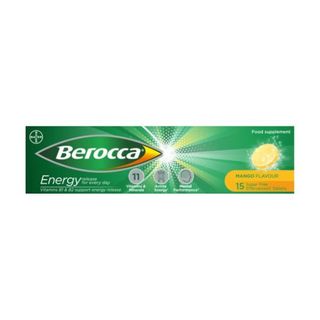
Berocca Energy Release Effervescent Tablets Mango Flavour (15)
Berocca Energy Release Effervescent Tablets Mango Flavour (15)£6.99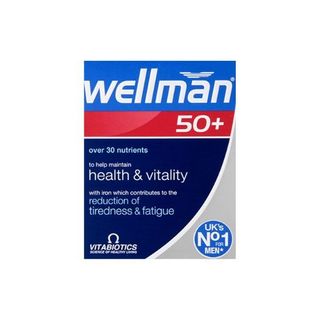
Vitabiotics Wellman 50+ Tablets (30)
Vitabiotics Wellman 50+ Tablets (30)£10.49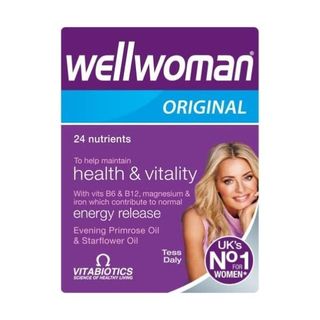
Vitabiotics Wellwoman Original Capsules (30)
Vitabiotics Wellwoman Original Capsules (30)£3.99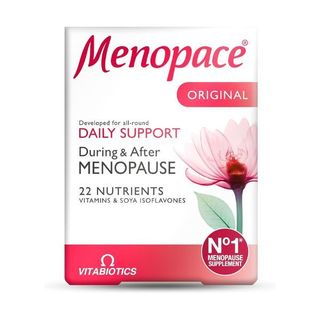
Vitabiotics Menopace Original Tablets (90)
Vitabiotics Menopace Original Tablets (90)£14.49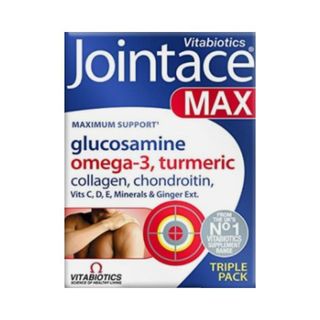
Vitabiotics Jointace Max (84 Tablets/Capsules)
Vitabiotics Jointace Max (84 Tablets)£15.99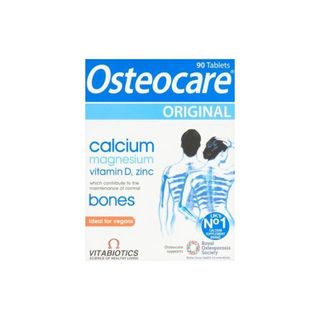
Vitabiotics Osteocare Original Tablets (90)
Vitabiotics Osteocare Original Tablets (90)£13.49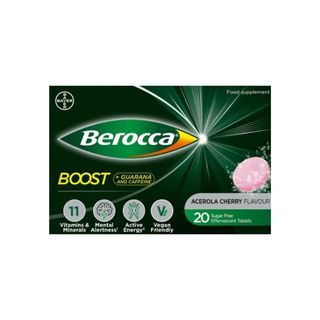
Berocca Boost Effervescent Vitamin Energy Tablets (20)
Berocca Boost Effervescent Vitamin Energy Tablets (20)£12.00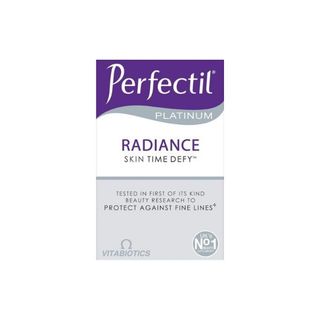
Vitabiotics Perfectil Platinum Skin Radiance Time Defy Tablets (60)
Vitabiotics Perfectil Platinum Skin Radiance Time Defy Tablets (60)£35.99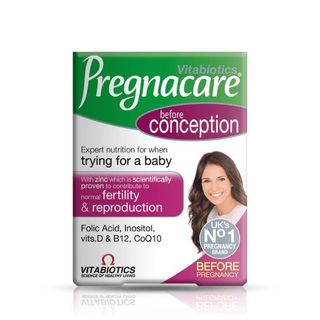
Vitabiotics Pregnacare Before Conception (30)
Vitabiotics Pregnacare Before Conception (30)£10.49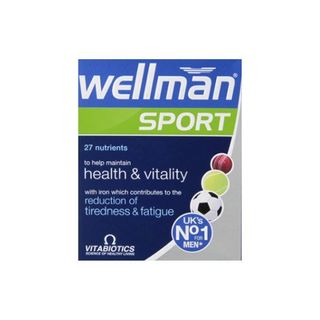
Vitabiotics Wellman Sport Tablets (30)
Vitabiotics Wellman Sport Tablets (30)£2.99- Out Of Stock

Haliborange Omega-3 Multivitamin Softies Orange Flavour (30)
Haliborange Omega-3 Multivitamin Softies Orange Flavour (30)£5.99 - Out Of Stock
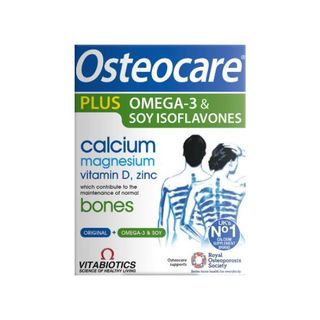
Vitabiotics Osteocare Plus Tablets (84)
Vitabiotics Osteocare Plus Tablets (84)£6.99 - Out Of Stock
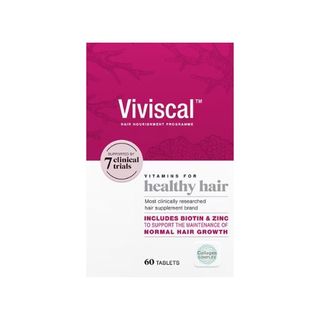
Viviscal Hair Growth Vitamins For Women Tablets (60)
Viviscal Hair Growth Vitamins For Women Tablets (60)£51.99 - Out Of Stock
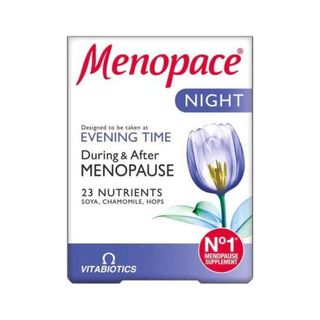
Vitabiotics Menopace Night Tablets (30)
Vitabiotics Menopace Night Tablets (30)£3.99 - Out Of Stock
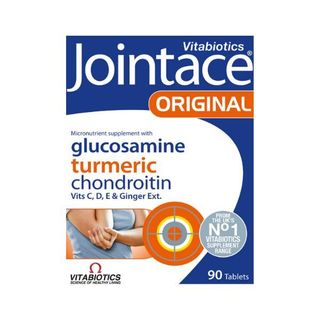
Vitabiotics Jointace Original Tablets (90)
Vitabiotics Jointace Original Tablets (90)£9.99 - Out Of Stock
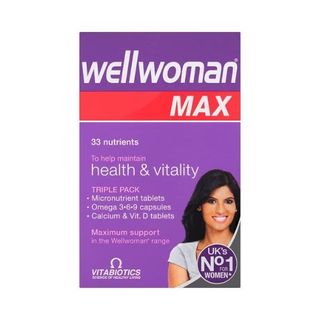
Vitabiotics Wellwoman Max - 84 Tablets
Vitabiotics Wellwoman Max Tablets (84)£9.99 - Out Of Stock
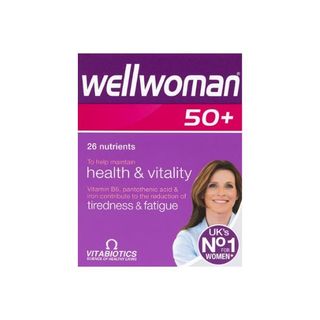
Vitabiotics Wellwoman 50+ Tablets (30)
Vitabiotics Wellwoman 50+ Tablets (30)£2.99 - Out Of Stock
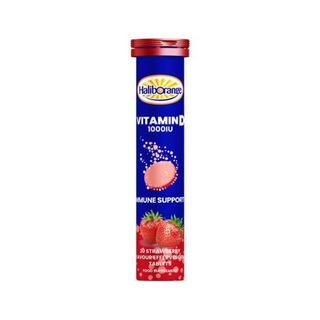
Haliborange Vitamin D 1000IU Strawberry Flavour Effervescent Tablets (20)
Haliborange Vitamin D 1000IU Strawberry Flavour Effervescent Tablets (20)£2.10 - Out Of Stock
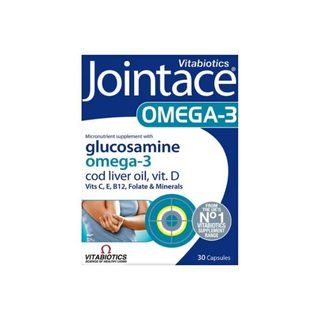
Vitabiotics Jointace Omega-3 Capsules (30)
Vitabiotics Jointace Omega-3 Capsules (30)£6.99 - Out Of Stock

Haliborange Multivitamin Softies Strawberry Flavour (30)
Haliborange Multivitamin Softies Strawberry Flavour (30)£0.99 - Out Of Stock
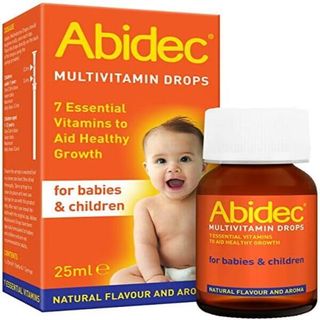
Abidec Drops
Abidec Drops£5.49 - Out Of Stock
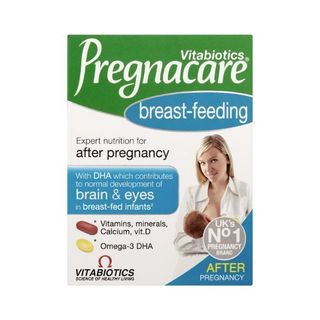
Pregnacare Breast-feeding Tablets (84)
Pregnacare Breast-feeding Tablets (84)£15.99 - Out Of Stock
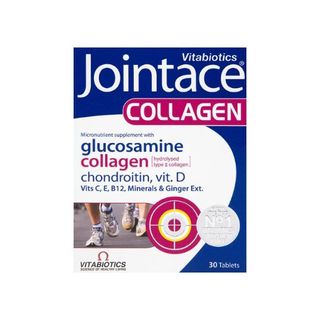
Vitabiotics Jointace Collagen Tablets (30)
Vitabiotics Jointace Collagen Tablets (30)£8.99 - Out Of Stock
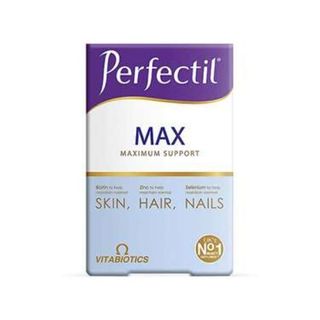
Vitabiotics Perfectil Max Supplement for Skin, Hair & Nails (84 Tablets/Capsules)
Vitabiotics Perfectil Max Supplement for Skin, Hair & Nails (84)£22.99 - Out Of Stock
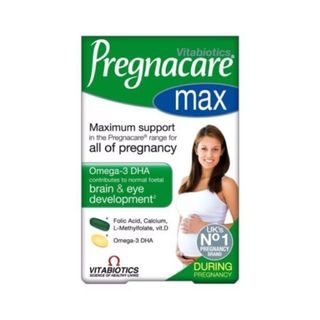
Pregnacare Max Tablets (84)
Pregnacare Max Tablets (84)£0.99 - Out Of Stock
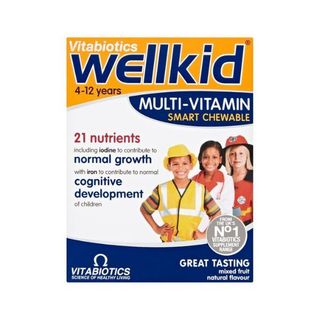
Wellkid Multi-vitamin Chewable Tablets (30)
Wellkid Multi-vitamin Chewable Tablets (30)£0.99 - Out Of Stock
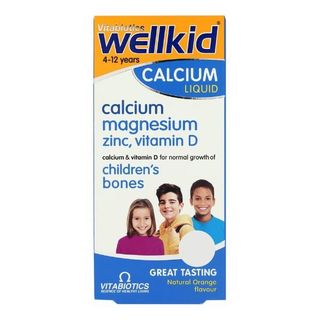
Wellkid Calcium Liquid 150ml
Wellkid Calcium Liquid 150ml£0.99 - Out Of Stock
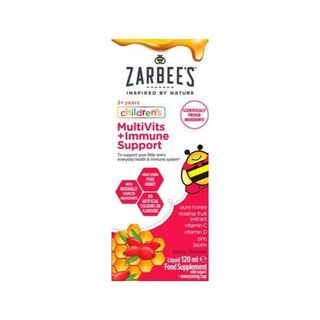
Zarbee’s Children’s MultiVits and Immune Support 3+ Years (120ml)
Zarbee’s Children’s MultiVits and Immune Support 3+ Years (120ml)£2.99 - Out Of Stock
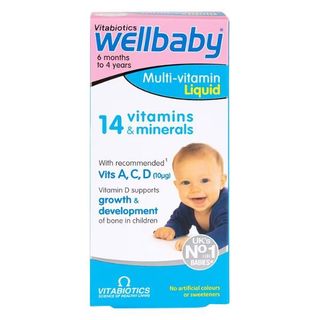
Vitabiotics Wellbaby Multi-Vitamin Liquid 150ml
Vitabiotics Wellbaby Multi-Vitamin Liquid 150ml£0.99 - Out Of Stock
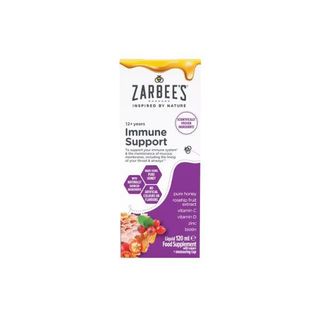
Zarbee’s Immune Support (120ml)
Zarbee’s Immune Support (120ml)£9.49 - Out Of Stock
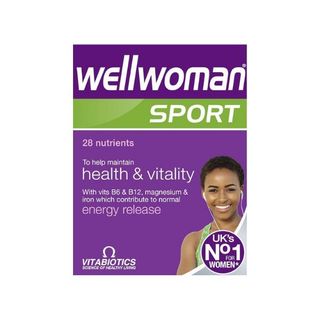
Vitabiotics Wellwoman Sport Tablets (30)
Vitabiotics Wellwoman Sport Tablets (30)£8.49
View recommended products for Vitamins & Minerals
Don't wait to get the medical help you need.
View our recommended treatments and select your preferred treatment and quantity from a list of options for you.
- Selected by our UK-based medical team
- Quick and easy checkout
- Treatments dispatched same day (before 3pm)
Ordering as easy as 1, 2, 3
1. Find the ideal treatment
2. Get a free consultation
3. Enjoy speedy delivery
Advice for Vitamins & Minerals
What are Vitamins and Minerals?
Vitamins and minerals are essential nutrients that are most commonly found in the food that we eat that keep our bodies healthy and functioning properly. For the majority of people, it is possible for them to get all the vitamins and minerals they need from a varied, balanced diet, however, some people may need to take supplements to ensure they get their daily intake.
There are two categories of vitamins, which are:
Fat-soluble vitamins - These are vitamins A, D, E and K. They dissolve in the body’s fat and are stored inside the body and only utilised when needed.
Water-soluble vitamins - These include vitamins C and B-complex vitamins such as B12 and folate. These vitamins dissolve in water but cannot be stored in the body. Any amount of these vitamins that are not used is excreted from the body. So you will need some of each every day.
Minerals come from the soil and water and are consumed through their absorption into plants and animals that we eat. Calcium, iron and zinc are all examples of essential minerals.
All vitamins and minerals have different jobs when it comes to human health. For example, some help with your immunity to infections, whereas some help to support healthy bone development. Because they all have such varied properties it is important that you try to get enough of all of them.
Who might benefit from taking vitamins and minerals?
For most healthy people it is not necessary for them to take vitamin and mineral supplements and that is because it is possible to get adequate amounts of each from your diet and lifestyle alone.
If you are worried that you may not be getting enough of your daily requirements of vitamins and minerals you should speak to a healthcare professional before taking supplements.
There are certain people that may be at slightly more risk of not getting enough vitamins and minerals from their diet, however, and it is likely that if you fall into any of these groups you will be advised of what vitamins and minerals you should take. These people include:
- Pregnant women
- Breastfed babies and children up to age 5 years
- Vegans, vegetarians or those who do not have all of these categories in their diet: whole-grain products, fresh fruits and vegetables, dairy products, nuts, seeds, eggs, and meats.
- People with certain health conditions may mean they are at an increased risk of malnutrition including kidney disease, chronic lung disease, Crohn’s disease, certain cancers, dementia and cystic fibrosis.
What Vitamins and Minerals are Available?
If you are at risk of not getting enough of your daily intake of vitamins and minerals from your diet or you have been advised to take vitamins and minerals these can often be bought from a pharmacy without the need for a prescription. Examples of these treatments include:
- Forceval Capsules
- Centrum Multivitamins
- Abidec
- Pregnacare Multivitamins